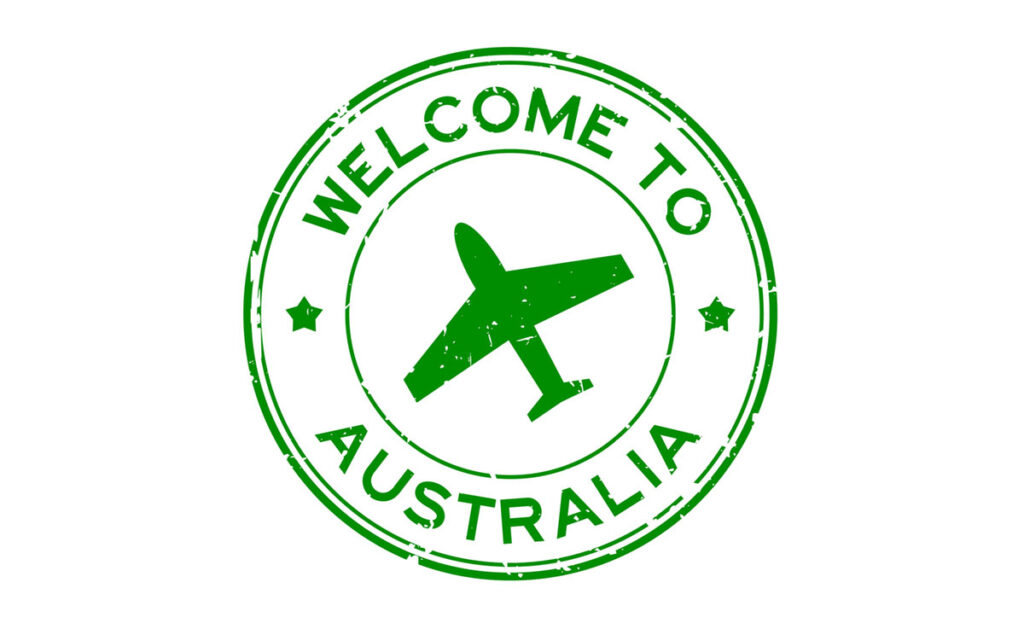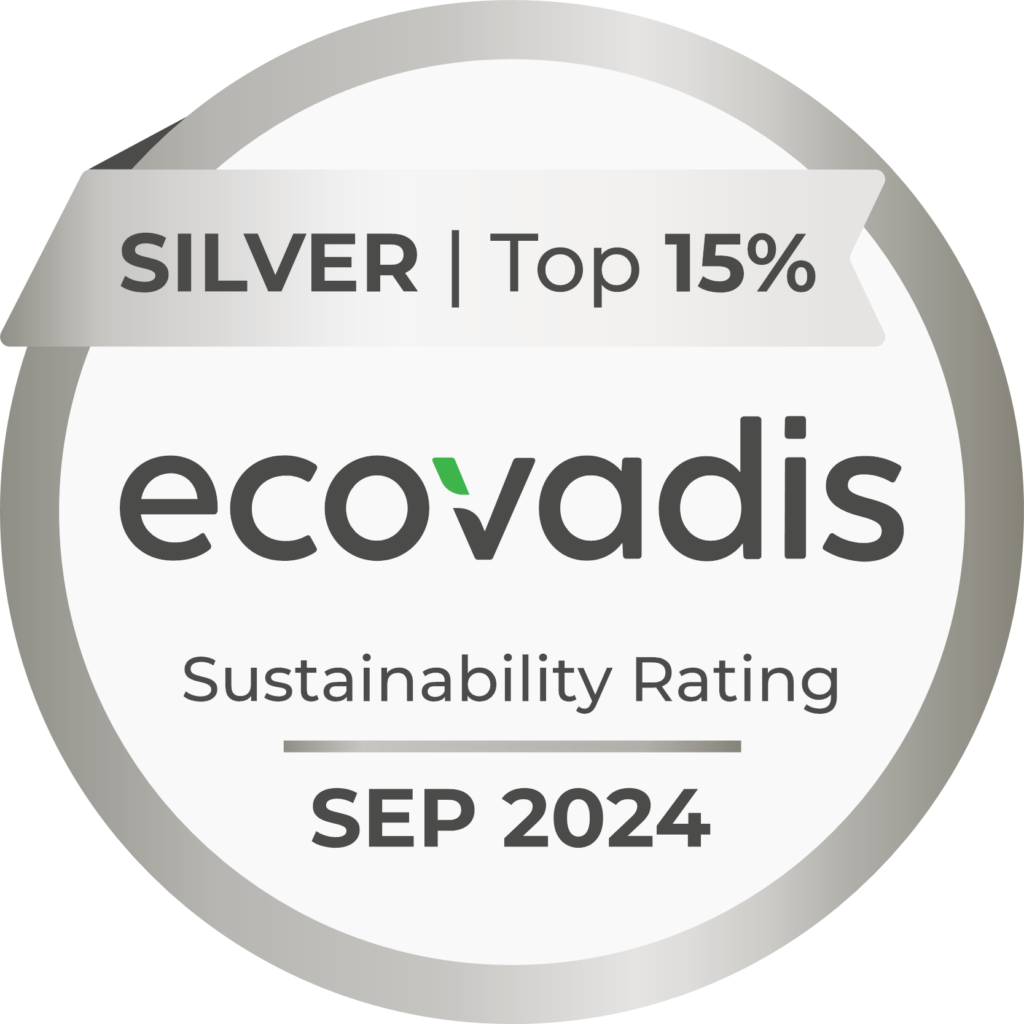Starting life in Australia brings new opportunities, but the first few weeks can involve a lot of admin. Whether you’ve relocated for work, study, or family, here’s a practical list of what to prioritise in your first month.
1. Apply for a Tax File Number (TFN)
You’ll need a TFN to work and avoid being taxed at the highest rate. Apply free through the Australian Taxation Office website. Have your passport, visa, and Australian address ready.
2. Open a Local Bank Account
The major banks in Australia – Commonwealth Bank, ANZ, NAB, and Westpac -offer accounts for newcomers. You’ll typically need your passport, visa, and an Australian address (temporary is fine).
Tip: Some banks will allow you to open an account online before you arrive.
3. Get a Mobile Number
A local SIM card is essential for everyday life. Major providers include Telstra (best for coverage), Optus, and Vodafone. You can find prepaid plans at supermarkets, convenience stores, or telco shops.
4. Find Long-Term Accommodation
Use sites like realestate.com.au and Domain to search for rentals. Be prepared with:
- Photo ID (passport)
- Proof of income or savings
- Rental references (even from overseas)
Rental terms to know:
Bond = security deposit, inspection = viewing, lease = rental agreement
5. Register for Medicare (if eligible)
Medicare covers basic healthcare services for eligible visa holders. Visit a Medicare Service Centre with your passport, visa, and completed enrolment form. If you’re not eligible, arrange private or overseas visitor health insurance.
6. Enrol Children in School or Childcare
You’ll need birth certificates, immunisation records, and school reports. Public school enrolment is often based on your home address. Private schools may have longer application timelines.
Childcare? Explore day care, family day care, or kindergarten options.
7. Set Up Transport
Public transport varies by city—get a travel card like Opal (Sydney), Myki (Melbourne), or Go Card (Brisbane).
If you plan to drive, check if your licence is valid or needs converting. This varies by state and visa type.
8. Build Your Local Network
Joining community groups can make a big difference. Try:
- Meetup.com or Facebook groups (e.g. expats in your city)
- Local gyms, sports clubs, language exchanges, or volunteer organisations
These are great ways to make social and professional connections.
9. Explore Your Neighbourhood
Start getting familiar with your local area – where to shop, eat, and relax. Check out nearby parks, markets, and transport routes. Knowing what’s close by helps you feel at home faster.
10. Say Hello to Your Neighbours
Australians are generally friendly – don’t hesitate to introduce yourself. A simple “Hi, we just moved in” can lead to new friends and a sense of belonging.
Need Extra Support?
Relocating can be complex – especially when navigating systems, schools, housing, and local norms. A relocation consultant offers practical, on-the-ground support tailored to your situation.
ICC helps individuals, families, and organisations transition smoothly to life in Australia. We’re here to make your first month – and beyond – easier.
Contact us today to discuss how we can support your team.





